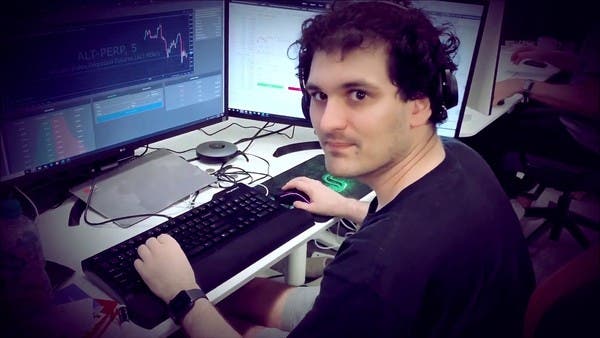Founding director FTX cryptocurrency exchange Sam Bankman is unique, the company as his “personal fiefdom,” in the words of a lawyer working on the company’s bankruptcy case.
Sam has spent large sums of money on personal matters such as $300 million on vacation homes in the Bahamas he lived in prior to his recent arrest, and Sam has also moved client assets to other investments, thus running FTX more like a hedge fund than as a trading platform.
James Bromley of Sullivan & Cromwell told the court hearing the case: “We have witnessed one of the most difficult and severe collapses in American corporate history.”
At the company’s first hearing yesterday, it added that a “significant amount” of assets had been stolen or lost.
In the latest developments of the case; The judge in charge of the bankruptcy case, John Dorsey, has agreed to allow the collapsing cryptocurrency exchange to reserve the names of the 50 largest debtors, totaling $3.1 billion, as US bankruptcy law usually demands that the names be shown in publicly available documents, claiming that these creditors are also customers and that their names are disclosed and that competitors can steal their business.
Bromley said at the hearing that protecting and restoring the assets is a major focus of the case, whether that means selling the business or reorganizing it, and FTX is likely to ask Dorsey for permission to sell some of the assets “very quickly.”
The founder of the platform is accused of breach of trust, fraud, tax evasion and money laundering, charges punishable by life imprisonment.
Competing exchange Binance withdrew its bid to acquire FTX and liquidated its ownership of FTT tokens, the cryptocurrency issued by FTX, to “add insult to injury”, resulting in FTT losing 80% of the its value in two days, lowering its market cap from $9.6 billion to $422.000 million.
This was followed by a state of panic that culminated in customers withdrawing deposits in excess of $7 billion, forcing the FTX Group and more than 130 affiliated companies to file for creditor protection under bankruptcy law or the so-called CHAPTER 11 on November 11, but soon after filing for bankruptcy, the company turned more than $660 million from an FTX account into cryptocurrency transferred to cold wallets and claimed that these accounts were hacked and these coins they were stolen.
John J. Ray, the new chief executive officer of the ftx group, which is in liquidation in US bankruptcy court, said he “never in his career have I seen such a complete failure of corporate controls and such a total absence of trusted financial information”.
The latest data showed more than one million creditors of the FTX group of companies, with amounts exceeding $8 billion.
Previously, the advisors overseeing FTX’s bankruptcy file were able to locate only a fraction of the ailing company’s digital assets, an estimated $740 million in cryptocurrency, in offline cold wallets. It also found a cash balance exceeding $400 million in FTX’s ALAMEDA company accounts, and FTX’s Japan company balance exceeded $170 million at a time when creditors could not disclose the company’s true balances one week does.
The collapse of FTX has caused an earthquake in the cryptocurrency markets and losses have exceeded 250 billion dollars, and Bankman, the founder of the platform, is accused of breach of trust, fraud, tax evasion and money laundering, which are punishable with life imprisonment.
Co-founder of CoinMENA, Talal Al-Tabbaa
For his part, CoinMENA founding partner Talal Al-Tabbaa said that the cryptocurrency system cannot be viewed uniformly in the world and that some companies and platforms have more controls than FTX licensed in the Bahamas, while the reviewer of FTX is an accounting firm that does not have Date.
He added, in an interview with Al-Arabiya today, Wednesday, that the failure of FTX in the Bahamas is due to a lack of sound financial laws and fraud by the platform, which had a solid reputation for working with artists and American basketball players .
Talal Tabbaa explained that the failure came from several sources, the first being the bad faith of the founders and the second being the presence of the platform in the Bahamas.
The CoinMENA co-founder pointed out that after FTX, investors are to blame for not researching the company well before investing in it.


